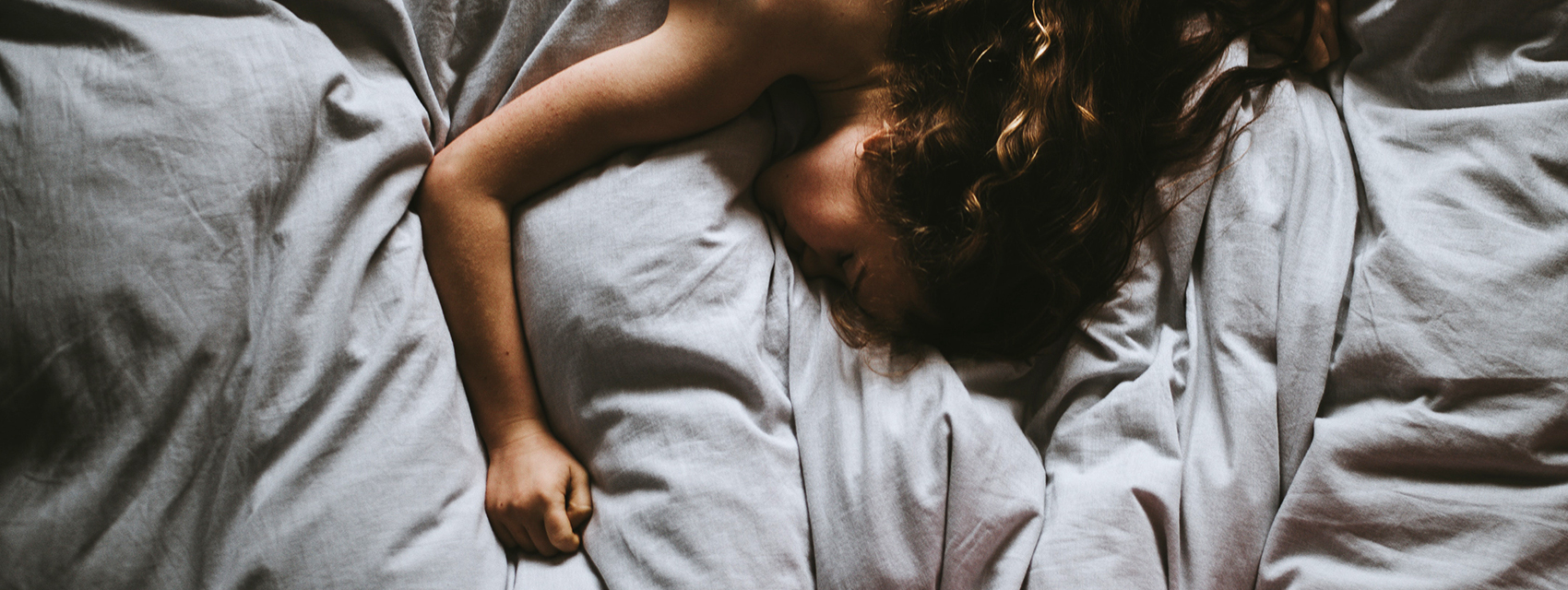Sleeping Might Actually Be Better For You Than Going To The Gym
Sorry, New Year's resolution.
You know them all too well – for the past month at least. Those excruciating early-morning alarm clock assaults; the faint inner whimper dragging you from the fuzzy comfort of your dreams into the gloom of a whole new day; the impending doom of an hour-long gym session when you can barely keep down your cornflakes. They are the evil foes of your toasty duvet comfort.
When you're trying to be fit and healthy, forcing yourself into the gym before sunrise vs. safely snoozing in bed is the eternal dilemma. “One day off won't hurt,” you say to yourself, forgetting the inevitable guilt you'll feel as the morning hours ebb away. Well, sorry to have to tell your faint whimper of will power this, but you might not have to feel so guilty after all.
According to the experts, getting enough sleep could be just as beneficial for your health and your weight as going to the gym can be. Here's why.
Hormones

As Dr. Guy Meadows tells Cosmopolitan, not getting enough sleep is linked to higher body fat percentage.
“Sleeping less than 7-8 hours per night is linked to higher percent body fat. Research suggests that people who average 6 hours per night are 27% more likely to be overweight,” he says. “Those who average 5 hours per night are 73% more likely to be overweight.”
It's all to do with two hormones: “Ghrelin regulates our appetite and so how hungry we feel, whereas Leptin regulates the feeling of fullness, the cue to stop eating,” Meadows explains. “Research demonstrates that after a poor night of sleep Ghrelin levels increase and Leptin levels decrease, meaning we feeling more hungry and yet less full, hence why we tend to eat more.”
Your food choices

Research says that after a poor night's sleep, we want to eat more – up to 45% more than normal, in fact – and the food choices we make are also much worse.
Dr. Meadows continues, “Research suggests that poor sleep causes us to choose higher calorific food. Scientists from Uppsala University in Sweden demonstrated that sleep deprived individuals select foods that are on average 9% higher in calories than when in a rested state.” This is most likely down to either a reduction in willpower or an increase impulsive decision making.
Nutritionist Lily Soutter adds that, according to a recent study, lack of sleep can increase belly fat. “Scientists have analysed levels of the stress hormone cortisol in sleep-deprived subjects. They found elevated levels of cortisol after a sleepless night, which was especially high between the hours of 4-9pm. High cortisol can signal for fat to be store around the middle,” she says.
Your crappy workouts

Dr. Meadows explains that continuously low levels of sleep can have the same negative impact on cognitive performance as two whole nights without sleep: “This means that being focused and attentive, reaction time and your ability to assess risk are seriously impaired. Exercising [when] tired therefore increases your risk of having an accident and potentially injuring yourself.”
“If you are serious about staying healthy and keeping fit, you are much better off making sleep a priority in your life.”
Next up, the new millennial secret to beating sleepless nights.












